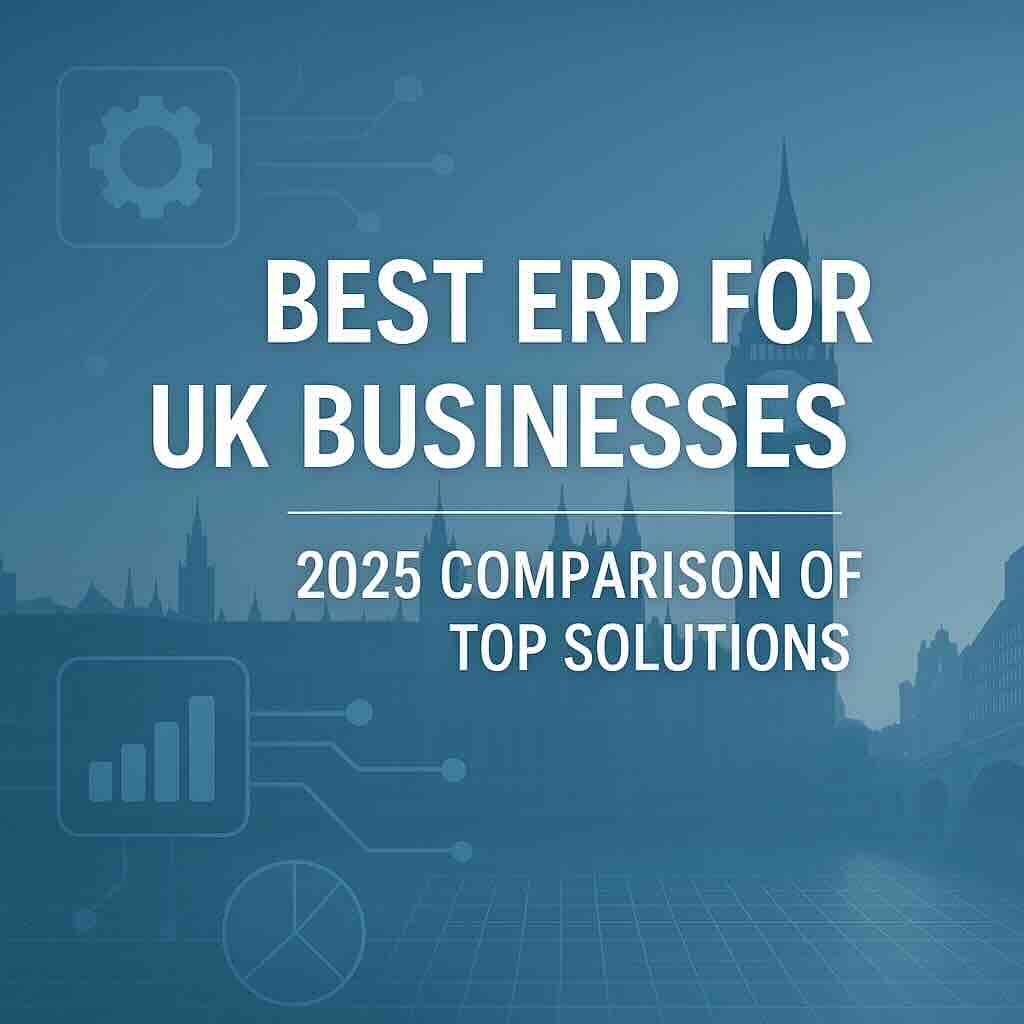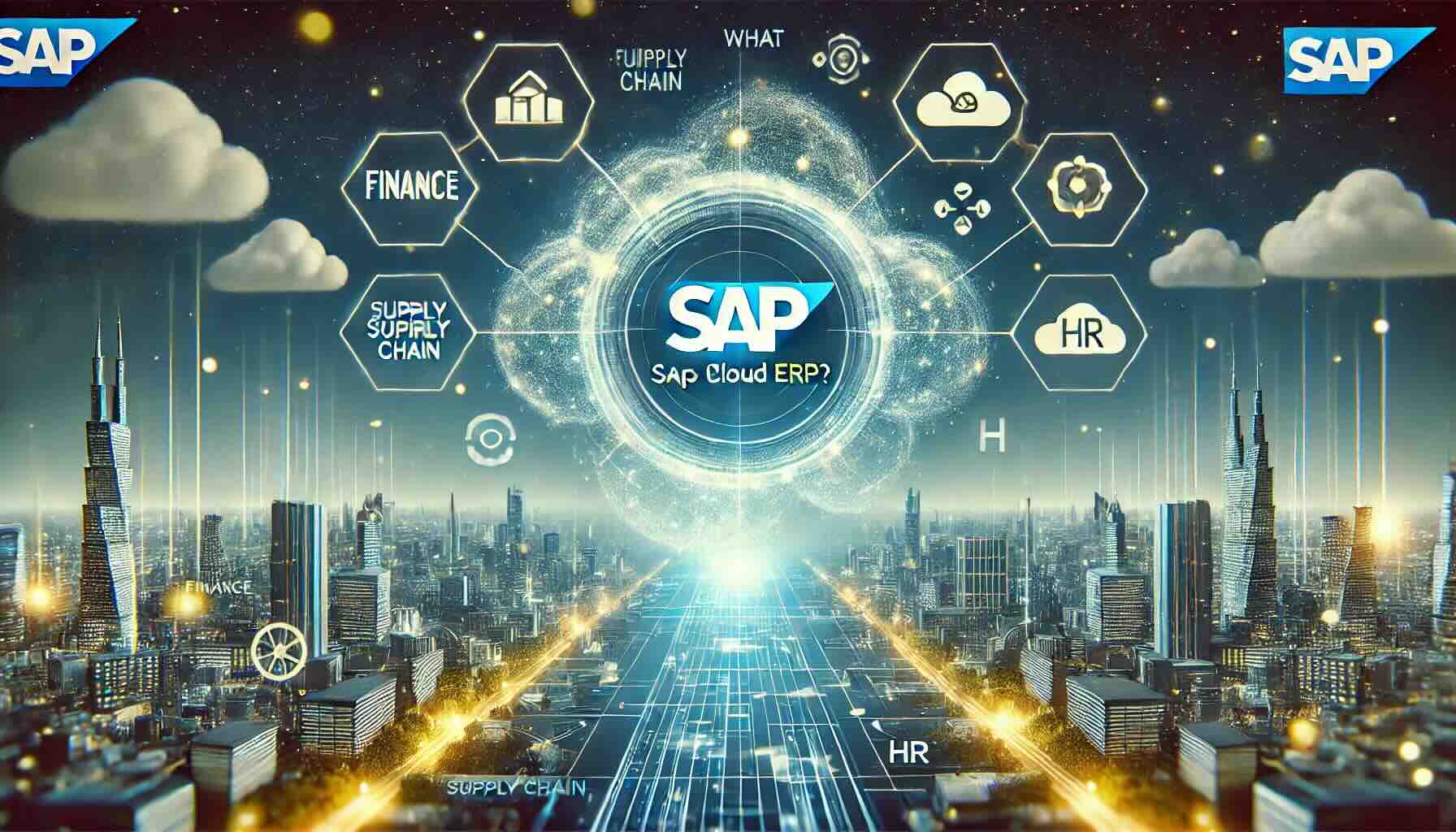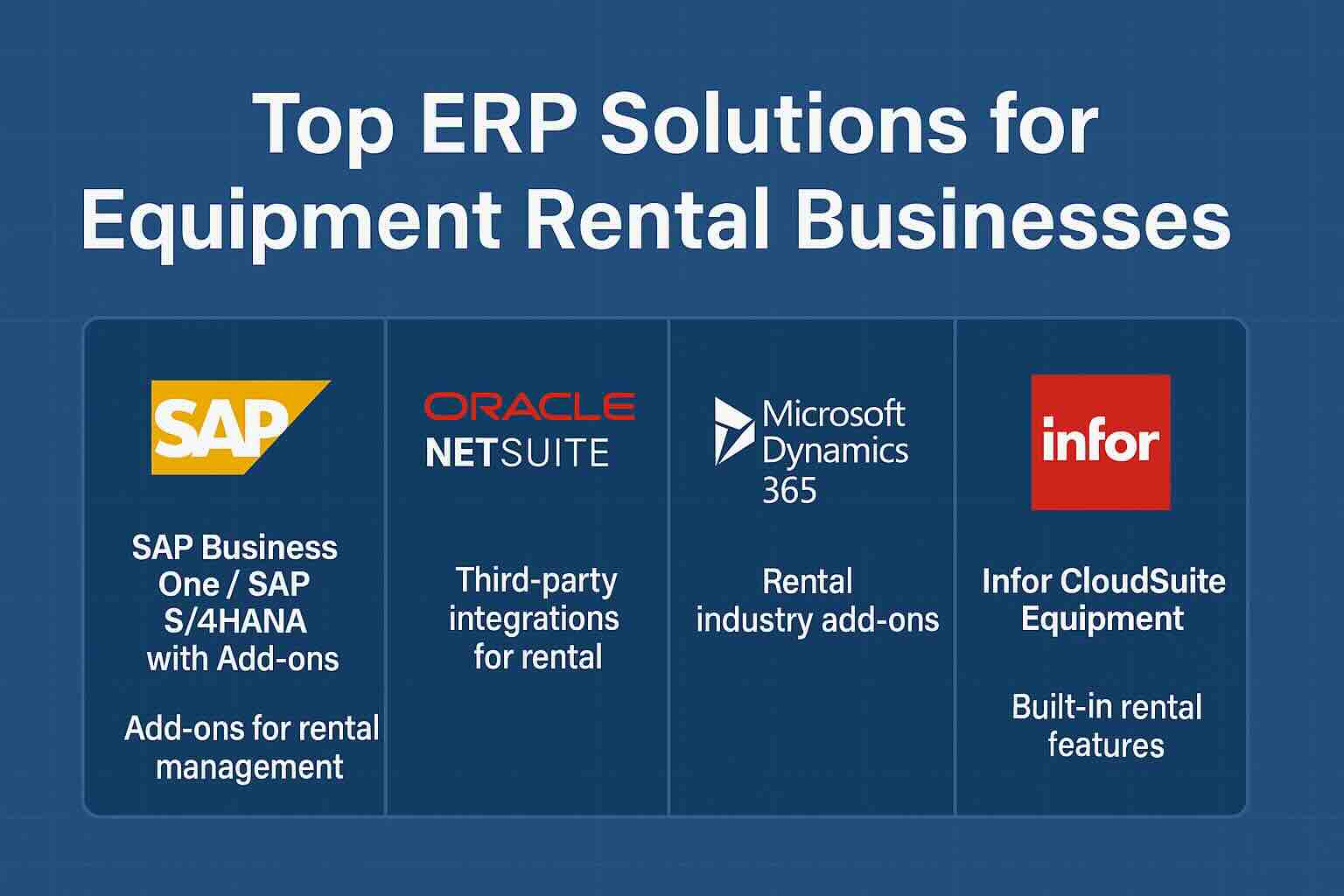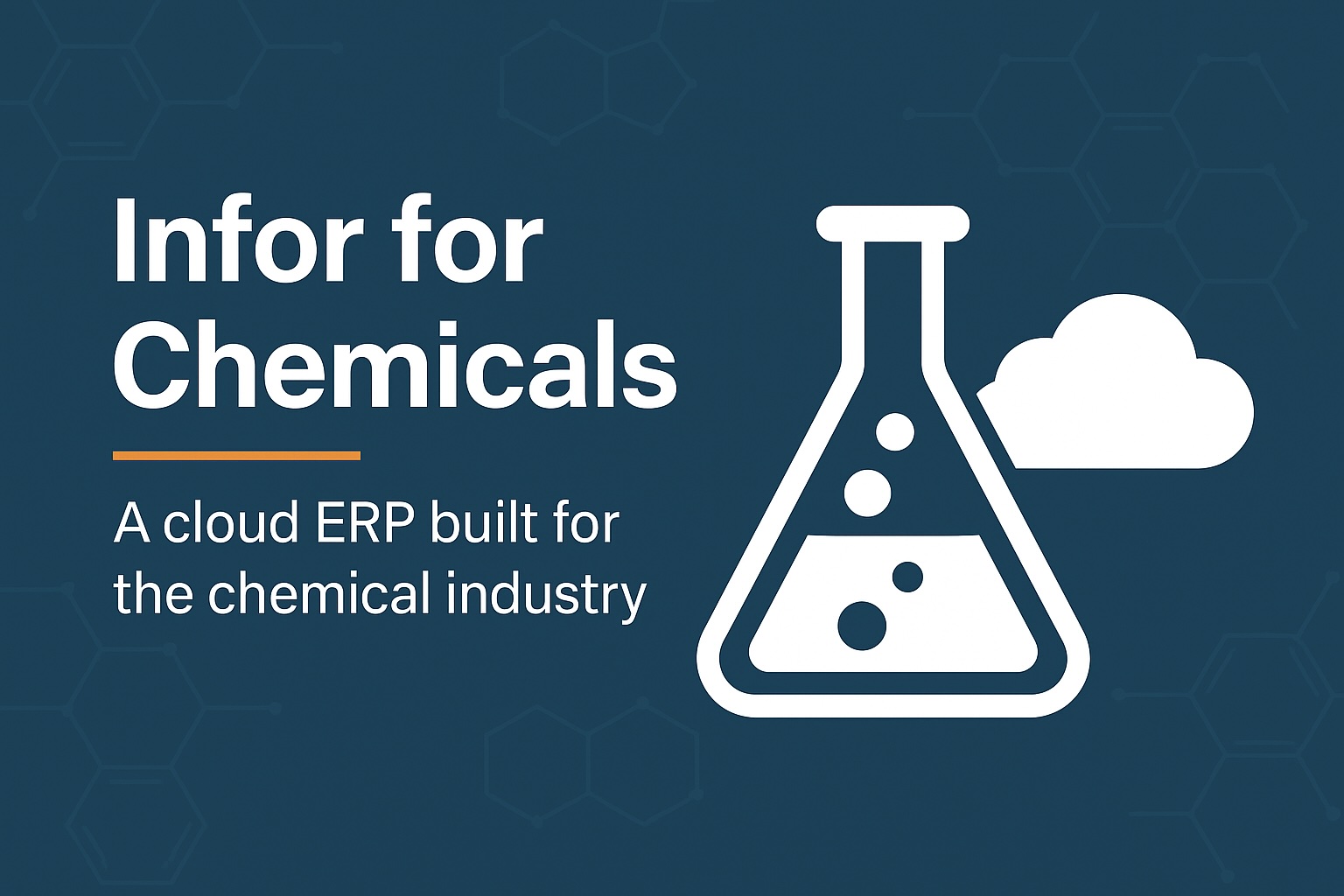Compare the Best ERP Solutions in Australia
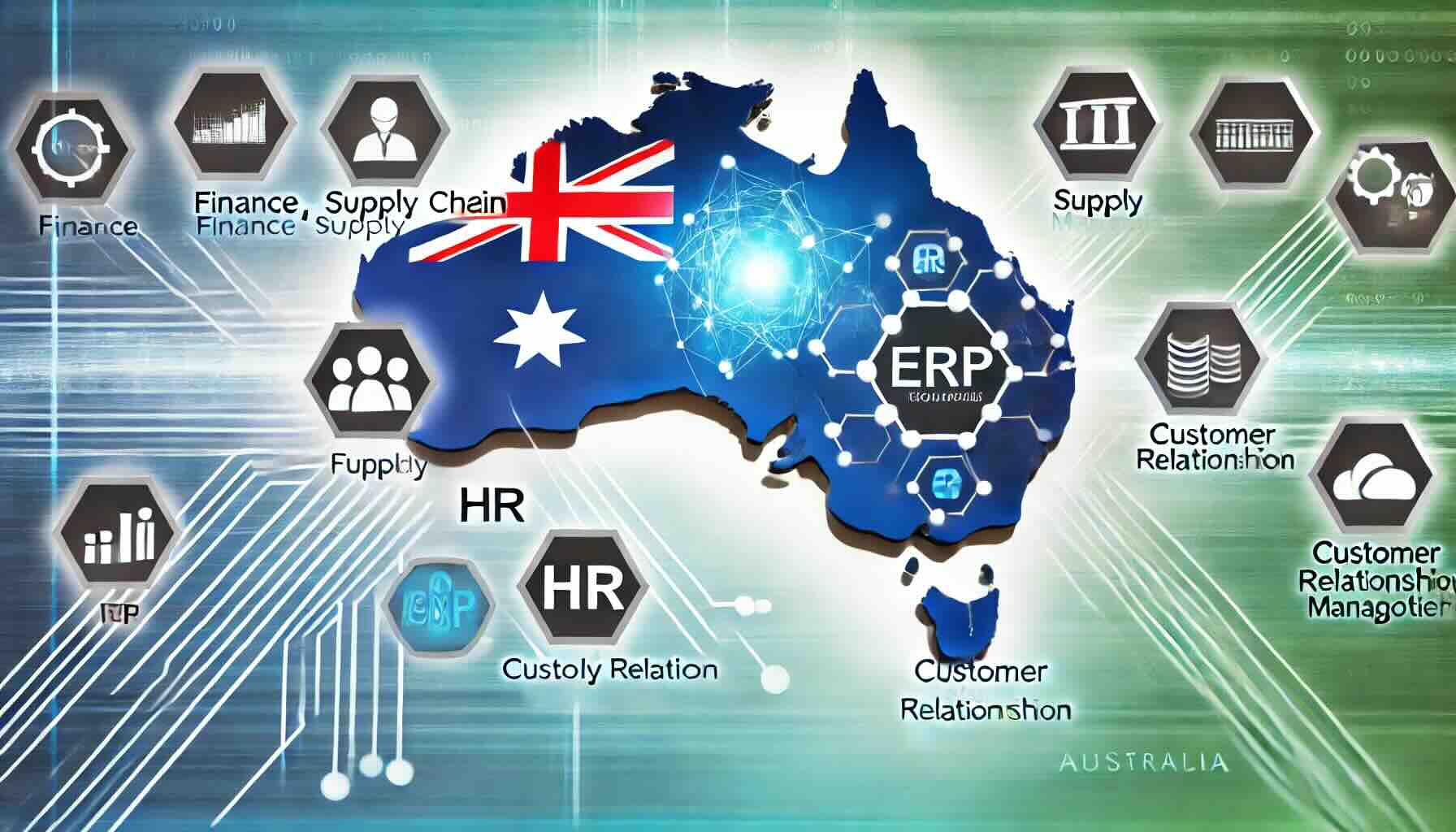
Enterprise Resource Planning (ERP) solutions are vital for businesses aiming to streamline their operations and improve efficiency. In Australia, the market is flooded with various ERP solutions, each designed to cater to different industries and organizational sizes. Choosing the right ERP solution can make or break the success of your business processes. This article compares the best ERP solutions in Australia to help you make an informed decision.
What Is an ERP Solution?
An ERP solution integrates core business processes such as finance, human resources, supply chain, and customer relationship management into a single system. Modern ERP systems also offer advanced analytics, cloud capabilities, and AI-powered tools to enhance decision-making and scalability.
Key Features to Consider in ERP Solutions
When selecting an ERP solution, keep the following features in mind:
- Scalability – Can the system grow with your business?
- Customization – Does it meet the unique requirements of your industry?
- Integration – How well does it integrate with your existing tools and systems?
- Cost – What is the total cost of ownership (TCO), including setup, training, and ongoing maintenance?
- User-Friendliness – Is the interface intuitive and easy to use?
Top ERP Solutions in Australia
1. MYOB Advanced
Overview:
MYOB Advanced is a popular choice for small to medium-sized businesses (SMBs) in Australia. Known for its user-friendly interface and localized features, it’s particularly well-suited for companies with a focus on accounting and financial management.
Key Features:
- Cloud-based system for real-time data access.
- Comprehensive payroll and HR management tools.
- Industry-specific modules for construction, manufacturing, and wholesale.
Pros:
- Cost-effective for SMBs.
- Strong Australian customer support.
- Regular updates tailored to local tax regulations.
Cons:
- Limited scalability for larger enterprises.
- Some users report challenges with third-party integrations.
To find out more about MYOB Advanced click this link.
2. SAP Business One
Overview:
SAP Business One is a robust ERP solution designed for small and midsize enterprises (SMEs). Its extensive features make it ideal for businesses requiring detailed analytics and reporting.
Key Features:
- In-depth reporting and analytics.
- Tools for financial management, sales, and procurement.
- Integration with other SAP products for scalability.
Pros:
- Highly customizable.
- Excellent for businesses with complex supply chains.
- Strong reputation for reliability.
Cons:
- Steep learning curve for beginners.
- Higher implementation costs.
To find out more about SAP Business One click this link.
3. Oracle NetSuite
Overview:
Oracle NetSuite is a cloud-native ERP solution that caters to businesses of all sizes. Its scalability and flexibility make it a favorite among Australian enterprises expanding globally.
Key Features:
- Unified dashboard for financials, CRM, and eCommerce.
- AI-driven analytics for predictive decision-making.
- Seamless scalability to support business growth.
Pros:
- Global compliance support for international operations.
- Strong focus on automation and efficiency.
- Excellent customer support.
Cons:
- Higher cost compared to other solutions.
- Requires skilled IT personnel for customization.
To find out more about Netsuite click this link.
4. Microsoft Dynamics 365
Overview:
Microsoft Dynamics 365 is a versatile ERP solution that combines CRM and ERP capabilities. Its seamless integration with Microsoft Office Suite makes it an attractive choice for Australian businesses already invested in Microsoft’s ecosystem.
Key Features:
- AI-powered insights for improved decision-making.
- Native integration with Office 365 and Azure.
- Industry-specific solutions for manufacturing, retail, and healthcare.
Pros:
- Easy integration with Microsoft tools.
- Scalable for businesses of all sizes.
- Intuitive user interface.
Cons:
- Licensing structure can be complex.
- May require extensive training for full utilization.
To find out more about Microsoft Dynamics click this link.
5. Epicor ERP
Overview:
Epicor ERP is a well-established solution tailored for manufacturing and distribution industries. It offers cloud and on-premise deployment options.
Key Features:
- Advanced supply chain and production management tools.
- Industry-specific solutions for manufacturing and retail.
- Real-time data analytics for better forecasting.
Pros:
- Customizable to meet niche industry needs.
- Strong focus on production efficiency.
- Hybrid deployment options.
Cons:
- High setup and customization costs.
- Limited out-of-the-box functionality for non-manufacturing businesses.
To find out more about Epicor click this link.
Factors to Consider When Choosing an ERP Solution in Australia
1. Industry-Specific Needs
Certain industries, such as manufacturing, retail, or healthcare, require specialized features. Ensure the ERP solution aligns with your industry’s unique requirements.
2. Local Compliance
Australian businesses must comply with local tax laws and regulations. Solutions like MYOB Advanced and SAP Business One are tailored for this purpose.
3. Budget and ROI
Evaluate the TCO and potential return on investment (ROI). While solutions like Oracle NetSuite offer advanced features, they may not be cost-effective for smaller businesses.
Conclusion
Selecting the best ERP solution in Australia depends on your business’s size, industry, and specific needs. For SMBs, MYOB Advanced provides an affordable and localized option. Enterprises with complex operations may benefit from Oracle NetSuite or SAP Business One, while Microsoft Dynamics 365 suits businesses leveraging Microsoft tools.
By assessing your business requirements and comparing these solutions, you can choose an ERP system that not only meets your current needs but also supports future growth.
To compare these ERP solutions and many more, you can use our new AI-powered Compare ERP tool. It’s free to use and you get a guaranteed discount on your first year’s licence fees with a referral from Compare ERP.




